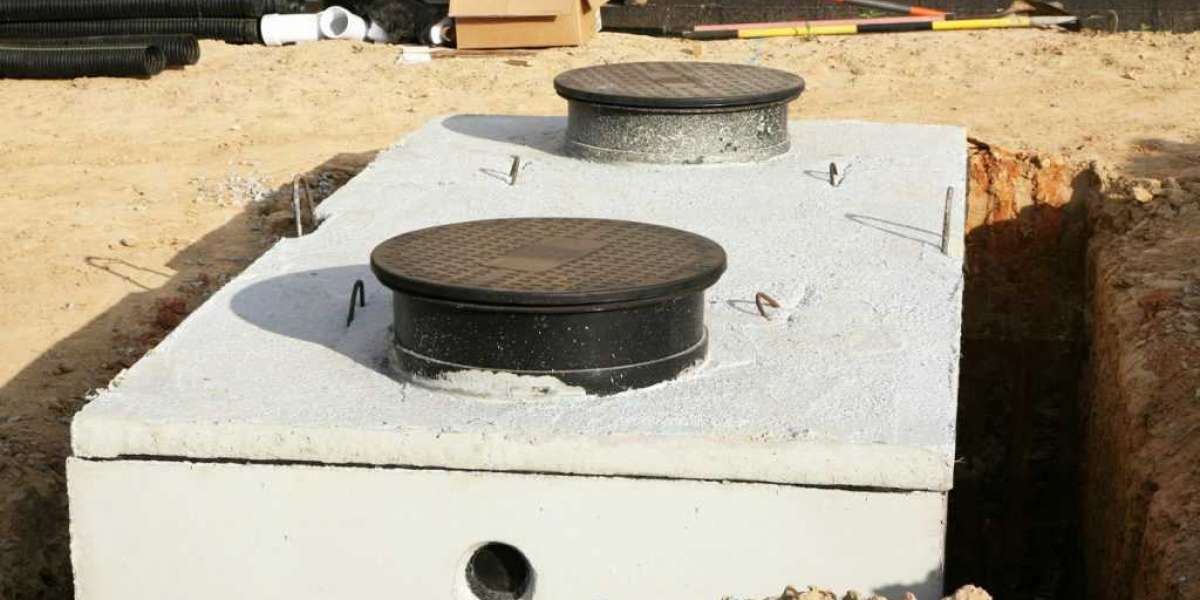Sewer backups are a significant concern for residents of Miami, a city characterized by its unique geographical and climatic conditions. These incidents not only cause property damage but also pose serious health risks. Understanding the causes, impacts, and preventive measures associated with sewer backups is crucial for homeowners and the community at large.
Causes of Sewer Backups in Miami
Several factors contribute to sewer backups in Miami:
- Heavy Rainfall and Flooding: Miami's tropical climate often brings heavy rains that can overwhelm the municipal sewer systems. When the capacity of these systems is exceeded, wastewater can flow back into homes.
- Clogged Pipes: Accumulation of debris, grease, or foreign objects can block pipes, leading to backups. Flushing inappropriate items down toilets or drains exacerbates this issue.
- Tree Root Infiltration: Tree roots can penetrate and obstruct sewer lines, especially in older systems. In Miami, tropical landscaping with large trees like palms and ficus contributes to this problem.
- Aging or Damaged Sewer Lines: Older pipes made of materials like clay or metal are prone to cracking, corrosion, or collapsing, leading to backups. Miami's high water table and soft, sandy soil can cause sewer pipes to shift or sink, especially after heavy rains, resulting in misaligned connections and leaks.
- Construction Accidents: Underground construction mishaps can damage sewer pipes. For instance, in January 2021, a construction company in Miami Gardens caused an 11,960-gallon wastewater spill due to sewer pipe damage.
Impacts of Sewer Backups
The repercussions of sewer backups are multifaceted:
- Health Hazards: Exposure to raw sewage can lead to serious illnesses, including respiratory infections, skin irritations, and gastrointestinal problems. Sewage is classified as Category 3 water damage, containing harmful bacteria, viruses, and toxic substances.
- Property Damage: Sewage water can destroy flooring, drywall, and furniture, leading to extensive property damage. Mold growth is another significant concern following such incidents.
- Environmental Pollution: Sewage spills can contaminate local waterways, leading to environmental degradation. For example, a sewer main break in Southwest Miami-Dade resulted in wastewater discharging into an adjacent drainage canal.
Preventive Measures for Homeowners
Homeowners can take several steps to minimize the risk of sewer backups:
- Proper Disposal Practices: Avoid flushing non-biodegradable items, grease, or foreign objects down toilets or drains. These can cause blockages leading to backups.
- Regular Maintenance: Schedule routine inspections and maintenance of your home's sewer lines to identify and address potential issues before they escalate.
- Install Backwater Valves: These devices prevent sewage from flowing back into your home during heavy rainfall or system overloads.
- Landscaping Considerations: Be mindful of planting trees near sewer lines. Tree roots seeking moisture can infiltrate and damage pipes, leading to blockages.
- Upgrade Aging Pipes: Replace old or deteriorating pipes with modern, durable materials like PVC to reduce the risk of cracks and leaks.
Community and Municipal Initiatives
Addressing sewer backups requires a collaborative effort between homeowners and municipal authorities:
- Infrastructure Upgrades: The Miami-Dade Water and Sewer Department maintains an extensive network of sewer lines serving millions of residents. Continuous investment in infrastructure is essential to accommodate the city's growth and mitigate backup risks.
- Public Awareness Campaigns: Educating residents about proper waste disposal, the dangers of sewer backups, and preventive measures can significantly reduce incidents.
- Regulatory Measures: Implementing and enforcing regulations for construction activities can minimize accidental damage to sewer lines. For instance, Miami-Dade County has initiated projects to hold contractors accountable for damages to public sewer pipes.
Conclusion
Sewer backups in Miami stem from a combination of natural factors, aging infrastructure, and human activities. While the city faces unique challenges due to its climate and geography, proactive measures by both homeowners and municipal authorities can significantly reduce the occurrence and impact of these incidents. Regular maintenance, public education, and infrastructure investment are key to safeguarding homes, health, and the environment from the detrimental effects of sewer backups.
For a visual overview of the Miami-Dade Water and Sewer Department's operations and initiatives, you can watch the following video:







